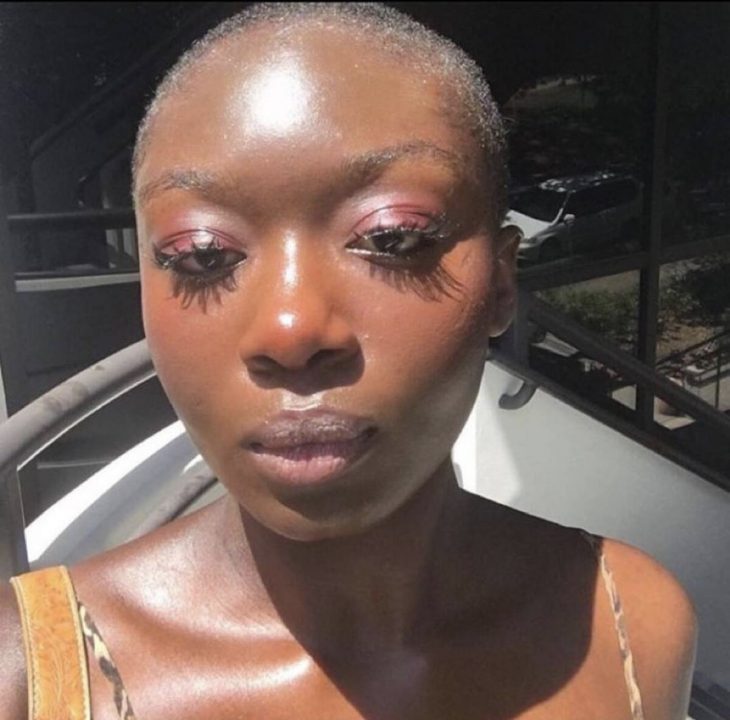When you think of Black Lives Matter, what are the first names that come to mind? Trayvon Martin and Freddie Gray? Ahmaud Arbery and Eric Garner? George Floyd? But what about Breonna Taylor or Korryn Gaines? Sandra Bland or Kathryn Johnston? Tete Guilley?
Black women often experience the same violence as Black men at the hands of police, yet their experiences fail to receive equal coverage. Black women are at the forefront of the Black Lives Matter movement, ready and willing to risk their lives to support and protect Black men — the Black Lives Matter movement was created by three women, not men — while Black men struggle to reciprocate, often overlooking and downplaying their horrific experiences.
The case of 19-year-old Nigerian-American activist Oluwatoyin “Toyin” Salau is a prime example of this. On June 6, after leaving a protest in Tallahassee, Salau was sexually assaulted by a man who offered her a place to stay and transportation to a nearby church to gather her belongings. Even though Salau had done everything “right” and had DNA evidence of her assault — she reported her assault to Tallahassee’s Police Department, tweeted a description of the man, his car, his home and the assault itself for the world to see — the system still failed her.
She went missing that day, was found dead a week late, and was presumed to be repeatedly sexually assaulted and murdered by another man she had met the same day of the assault, again while trying to seek shelter.
Salau’s death highlights the frequency in which the plight of Black women is ignored, and the existence and impact of “misogynoir,” a term coined by Black, queer and feminist scholar Moya Bailey, to describe the intersection of sexism and racism that creates a unique type of oppression for Black women.
Misogynoir manifests in many ways, but its most impactful facets are the hypersexual and strong Black woman stereotypes. Because Black women are inherently viewed as more promiscuous, they are less likely to be believed when reporting instances of sexual assault and more likely to internalize the blame of the assault.
One 2010 study focusing on the rates of reported sexual assault on Historically Black Colleges and University campuses found that out of 14% of rape victims that were physically forced, 7% of those incapacitated didn’t report their assaults out of fear they wouldn’t be believed by law enforcement.
This issue is further compounded by the stereotype that Black women are the epitome of strength, reinforcing the notion that when Black women do find the courage to speak about their plight, they are labeled as being overreactive, dramatic or too aggressive. Thus, their voices are masked by stereotypes, rendering them unheard.
As a dark skin 20-year-old Nigerian-American woman, these systems are ones I am too familiar with. I experience misogynoir every time I question whether the anger I feel towards a situation is valid. Every time I respond to conflict with compassion, only to be met with disrespect. When I was slut-shamed in front of my entire biology class by my teacher at age 14 for standing too close to a boy that sexually harassed me multiple times over the course of the school year. When I didn’t report my sexual assault because I was dancing with the guy earlier in the night.
I’ve lived it. And although I’ve always considered myself to be hyperaware of the fragility of life, Salau’s passing hit me. It made me realize that I am actively planning for a future I may never get to have.
She could have been me. She is me.
Salau’s death was a tragic result of a series of failures. She was failed by her family that should have protected her at all costs; failed by the community that neglected to provide her stable housing; failed by the Tallahassee Police Department that did not investigate her claims of sexual assault with urgency; but most importantly, failed by the Black men she was actively risking her life to defend and protect.
While there is no definite way to prevent this, we cannot let this happen again.
If you consider yourself to be an ally, do the work to educate yourself. Listening to and amplifying the voices of Black people is a great place to start but understand that it is not the job of Black people to educate you on racism, colorism, or misogynoir. Google is free.
Additionally, only respecting women, specifically Black women, you are attracted to isn’t respecting women. Allyship means supporting and finding value in every Black life. You can’t claim to support Black Lives Matter but be misogynistic, homophobic, transphobic or ableist — because then ALL Black life doesn’t matter to you.
During an interview at a demonstration in Tallahassee protesting the murder of Tony McDade, Salau was quoted saying “I can’t take [my skin] off. So guess what? Imma die ‘bout it.” And she did. Now it’s our job to ensure that no one ever has to again.
Written by Oluwasijuola “Siju” Oshin, Psychology B.A. major and Music and Sociology minor, Class of 2020

